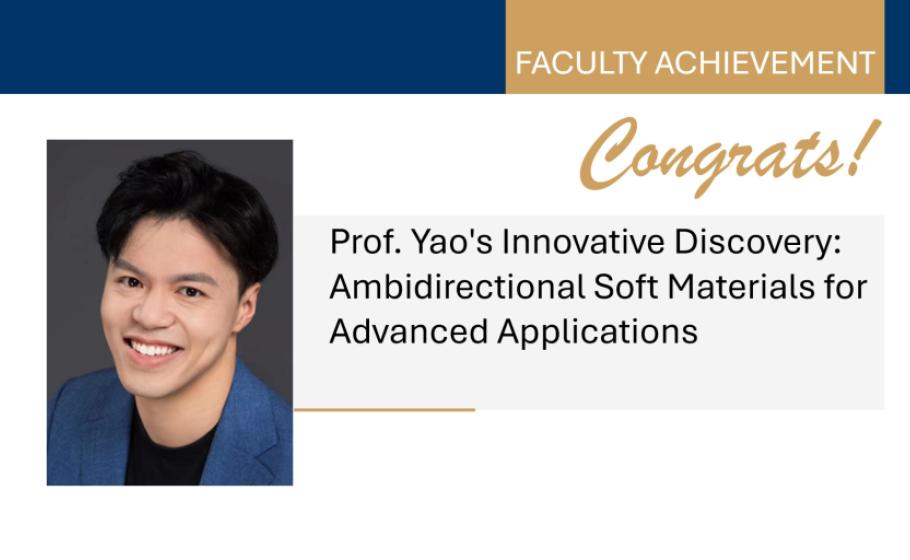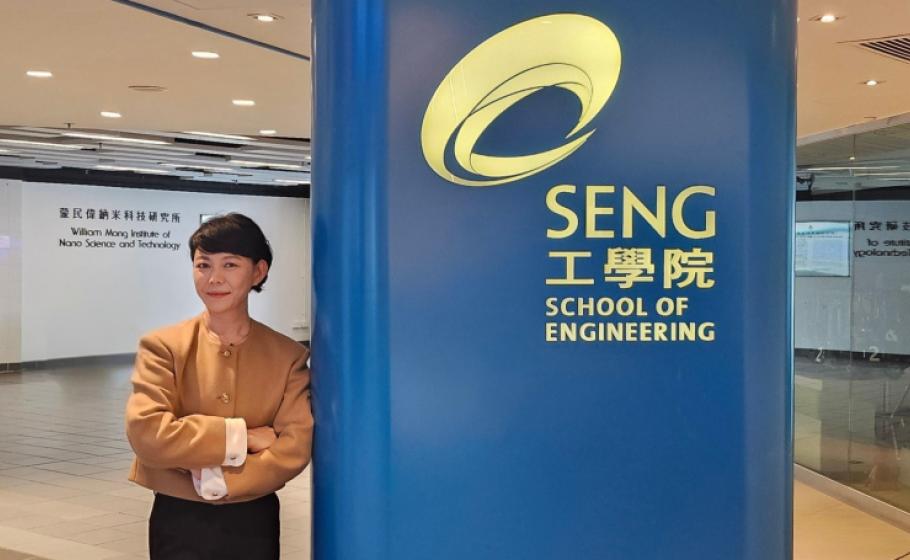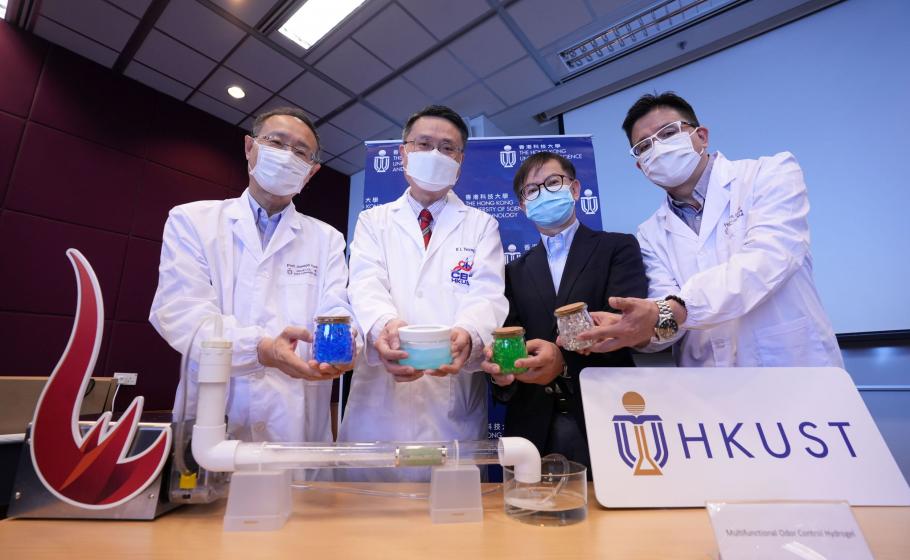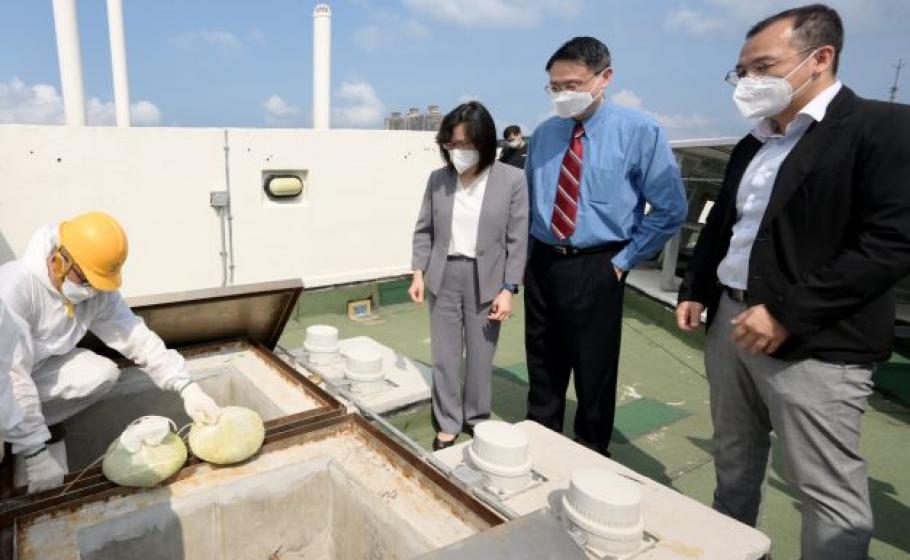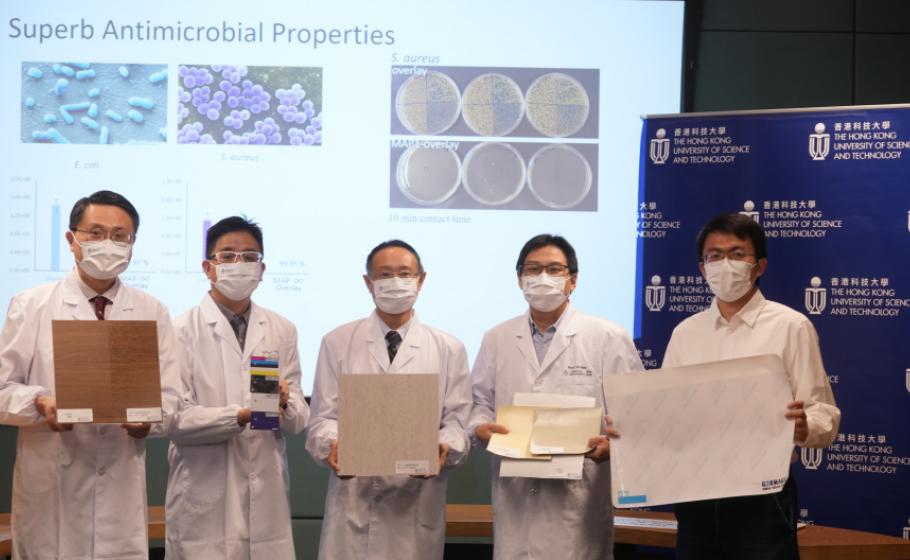MAJOR AREAS OF RESEARCH
Overview
Nanomaterials, graphene, 2D materials, zeolites, novel polymers, polymer composites, DNA self-assembly process, polymer interfaces and surfaces as well as polymer/ cereamic membranes. In-depth studies are being carried out in: nanomaterial synthesis and characterization, rheology, non-Newtonian flow, heat and mass transport, and process control associated with the injection-molding process.
Highlight
Faculty members in this research area
- Communal Research Equipment (Login Required)

